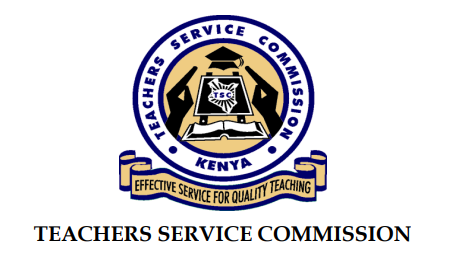
Technical and Vocational Education and Training (TVET) is a vital component of a country’s education system, providing specialized skills and knowledge to prepare individuals for the workforce.
In Kenya, like in many other countries, TVET plays a crucial role in developing a skilled workforce to drive economic growth and development.
However, one common question that arises is which ministry oversees TVET in Kenya?
In this article, we’ll delve into the specifics of TVET in Kenya and the ministry responsible for its administration.
Understanding TVET in Kenya
Before we identify the ministry responsible for TVET in Kenya, let’s have a clear understanding of what TVET entails in this East African nation.
TVET is a versatile and dynamic form of education and training that equips individuals with practical skills, technical knowledge, and competencies required for various industries and sectors.
This includes fields such as mechanics, carpentry, electrical engineering, agriculture, hospitality, and more.
TVET in Kenya is not limited to post-secondary institutions.
It also encompasses programs offered in secondary schools and even specialized training centers.
These programs can be vital in reducing unemployment, fostering entrepreneurship, and contributing to economic growth.
The Ministry Responsible for TVET in Kenya
TVET in Kenya falls under the purview of the Ministry of Education.
The Ministry of Education in Kenya is responsible for the overall administration, coordination, and development of the education sector in the country.
This ministry oversees all levels of education, from pre-primary to tertiary education, including TVET.
Within the Ministry of Education, there is a department dedicated to TVET.
The State Department for Vocational and Technical Training (formerly known as the Directorate of Technical Education) is the key entity responsible for the development and regulation of TVET in Kenya.
The primary role of this department is to:
Develop TVET policies
The State Department for Vocational and Technical Training is tasked with creating policies that guide the development and implementation of TVET programs in Kenya.
These policies ensure that TVET programs are relevant, responsive to industry needs, and aligned with national development goals.
Regulate TVET institutions
The department is responsible for accrediting and regulating TVET institutions, ensuring that they meet the required standards for delivering quality education and training.
Promote partnerships
It fosters collaboration between TVET institutions, industry players, and other stakeholders to create a seamless transition for students into the workforce.
Monitor and evaluate TVET programs
The State Department for Vocational and Technical Training also conducts regular assessments to ensure that TVET programs are effective and producing skilled graduates.
The Impact of TVET in Kenya
TVET plays a significant role in Kenya’s development, and its impact is multifaceted.
By offering specialized training and skills development, TVET contributes to the reduction of unemployment and underemployment.
It equips individuals with practical skills that are highly sought after by employers, making them more competitive in the job market.
Furthermore, TVET programs in Kenya promote entrepreneurship and self-employment.
Graduates of TVET institutions often become job creators, starting their businesses and contributing to economic growth.
Another essential aspect of TVET is its role in fostering innovation and technological advancement.
With the right skills and knowledge, TVET graduates are well-equipped to drive innovation in various industries, which is crucial for economic development and global competitiveness.
Conclusion
In Kenya, TVET falls under the jurisdiction of the Ministry of Education, specifically managed by the State Department for Vocational and Technical Training.
This ministry plays a pivotal role in the development, regulation, and promotion of TVET programs in the country, ensuring that they meet the needs of both students and the industries they serve.
The importance of TVET in Kenya cannot be overstated, as it is a key driver of economic growth, employment, and innovation.
By offering specialized training and practical skills, TVET institutions are shaping the workforce and contributing to the nation’s development.
Read Related Content
What Are the Challenges Facing TVET in Kenya? Explained
What Are the Training Methods in TVET? What To Know
What is the Mandate of TVET in Kenya? [Explained]
Which is the Best Technical Institute in Kenya? Revealed
How Many Students Are Enrolled in TVET Colleges in Kenya?
Weldon Kosgei is a dedicated educator and life coach with a passion for success. Through his blog, TSC —The Success Class, he shares proven principles and strategies to help people achieve their goals. With a focus on empowerment and personal development, Weldon aims to inspire others to reach their full potential. His commitment to excellence and his genuine desire to see others succeed make him a valuable resource for anyone striving for personal and professional growth.









